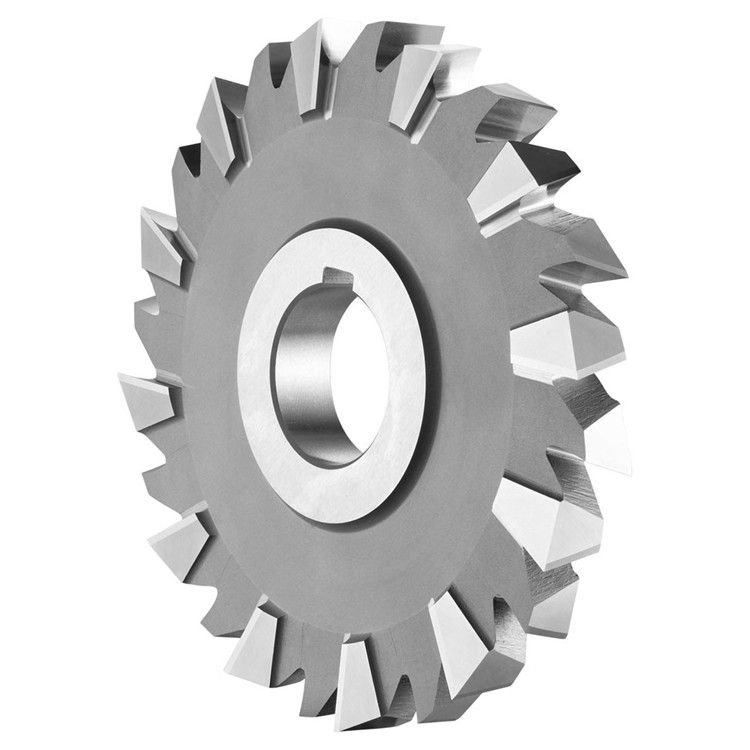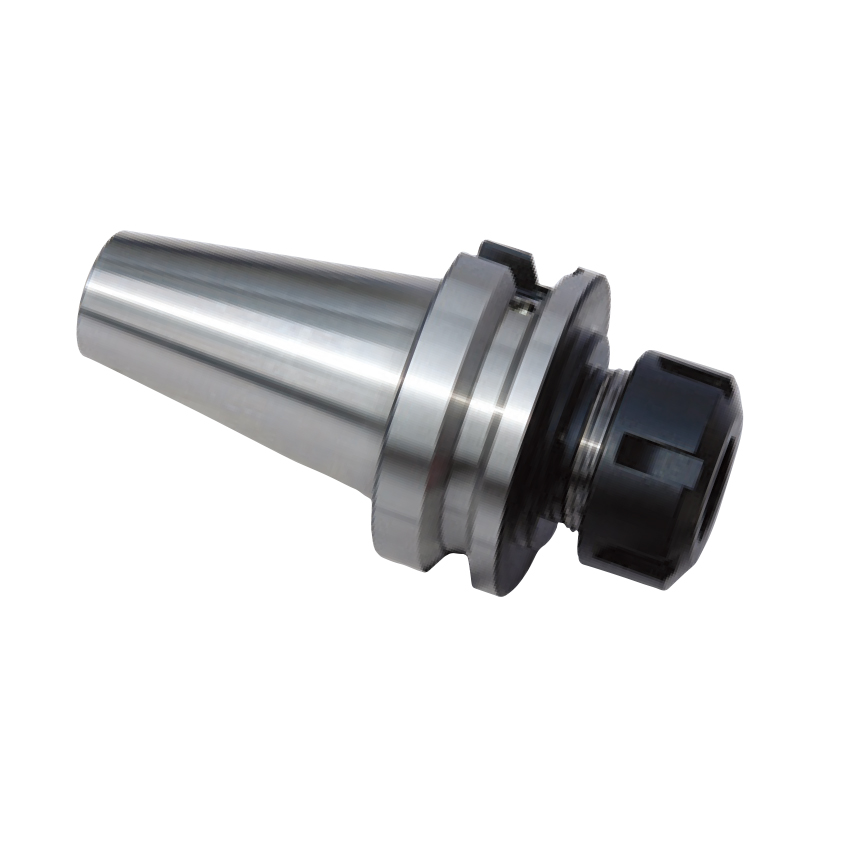taper drill sleeve Supplier
A taper drill sleeve is an essential tool for adapting drills with different shank sizes to your drill press or machine. This guide explores the types of taper drill sleeves, how to choose the right one, and how to find a reliable taper drill sleeve supplier, ensuring optimal drilling performance and tool longevity.
Understanding Taper Drill Sleeves
A taper drill sleeve, also known as a drill socket or reducing sleeve, is a tool accessory used to adapt drill bits or other shanked tools that have a Morse taper (MT) shank to a larger Morse taper spindle. They are primarily used in drill presses, lathes, milling machines, and other machine tools.
What is a Morse Taper?
The Morse taper is a standardized system of tapers used to fit cutting tools such as drill bits and reamers into the spindles of machine tools. Morse tapers come in sizes from MT0 to MT7, with MT0 being the smallest and MT7 being the largest. Each Morse taper size has a specific taper angle.
Why Use a Taper Drill Sleeve?
Taper drill sleeves offer several advantages:
- Adaptability: Allows you to use smaller shanked tools in larger spindles.
- Cost-effectiveness: Cheaper than buying multiple drills with different shank sizes.
- Versatility: Expands the range of tools that can be used with a single machine.
Types of Taper Drill Sleeves
Taper drill sleeves are classified based on their Morse taper size combination:
- Reducing Sleeves: Used to adapt a smaller Morse taper shank to a larger Morse taper spindle (e.g., MT2 to MT3).
- Extension Sleeves: Used to extend the reach of a tool or to adapt a larger Morse taper shank to a smaller Morse taper spindle (less common).
It’s crucial to select the correct taper drill sleeve based on your machine's spindle size and the drill bit's shank size. Incorrect matching can lead to poor performance and potential damage.
Choosing the Right Taper Drill Sleeve
Selecting the appropriate taper drill sleeve involves considering several factors:
1. Determine the Morse Taper Sizes
Identify the Morse taper size of your drill press spindle (the internal taper) and the Morse taper size of the drill bit or tool you want to use (the external taper). This information is usually available in the machine's manual or on the tool itself.
2. Material and Hardness
The taper drill sleeve should be made from high-quality steel, typically hardened and ground to ensure accuracy and durability. Look for sleeves made from materials like high-carbon steel or alloy steel.
3. Accuracy and Finish
A precision-ground finish is crucial for accurate tool alignment and performance. Ensure the sleeve has a smooth, consistent surface finish to prevent slippage and vibration.
4. Tang Design
The tang (the flat projection at the end of the Morse taper) is designed to engage with the machine spindle's drive slot, preventing the tool from spinning within the spindle. Ensure the tang is properly aligned and fits snugly.
5. Brand Reputation
Choosing a reputable brand known for quality and precision can help ensure you're getting a reliable product. Consider established brands in the tooling industry. Companies like Wayleading Tools, offer a range of high-quality tooling solutions, including taper drill sleeves designed for durability and performance.
Finding a Reliable Taper Drill Sleeve Supplier
Sourcing taper drill sleeves from a reliable supplier is crucial for ensuring quality and consistent performance. Here's what to look for:
1. Product Range and Availability
The supplier should offer a wide range of taper drill sleeve sizes and types to meet your specific needs. Check for availability of common sizes like MT1 to MT2, MT2 to MT3, MT3 to MT4, and MT4 to MT5.
2. Quality Certifications
Suppliers who adhere to quality standards like ISO 9001 demonstrate a commitment to quality control and consistent product performance. Ask for documentation or certifications to verify their quality management system.
3. Technical Support
A good supplier should offer technical support to help you select the right taper drill sleeve for your application. They should be knowledgeable about their products and able to answer your questions about specifications, materials, and usage.
4. Customer Reviews and Reputation
Check online reviews and ratings to gauge the supplier's reputation and customer satisfaction. Look for feedback on product quality, delivery times, and customer service.
5. Competitive Pricing
While quality is paramount, it's also important to consider pricing. Compare prices from multiple suppliers to ensure you're getting a fair deal. However, avoid choosing solely based on price, as the cheapest option may not be the highest quality.
Maintenance and Care of Taper Drill Sleeves
Proper maintenance can extend the life of your taper drill sleeves and ensure accurate performance:
- Cleaning: Regularly clean the inside and outside of the sleeve to remove dirt, chips, and coolant. Use a clean cloth or brush.
- Lubrication: Apply a light coating of oil or grease to the taper surfaces to prevent rust and ensure smooth insertion and removal.
- Storage: Store sleeves in a dry, clean place to protect them from corrosion and damage.
- Inspection: Regularly inspect the sleeve for any signs of wear, damage, or distortion. Replace damaged sleeves immediately.
Common Problems and Solutions
Here are some common problems encountered with taper drill sleeves and their solutions:
| Problem | Solution |
|---|---|
| Sleeve spins in the spindle | Ensure the tang is properly engaged with the drive slot. Clean the taper surfaces to remove any contaminants. |
| Drill bit wobbles | Check the sleeve and drill bit for damage or wear. Ensure the sleeve is properly seated in the spindle. Consider using a new, higher-quality sleeve. |
| Difficulty inserting or removing the sleeve | Clean and lubricate the taper surfaces. Use a drift to gently tap the sleeve out of the spindle. |
Conclusion
Choosing the right taper drill sleeve and sourcing it from a reliable supplier like Wayleading Tools are crucial for efficient and accurate drilling. By understanding the different types of sleeves, considering the factors outlined above, and following proper maintenance practices, you can ensure optimal performance and extend the life of your tools.
Related products
Related products
Best selling products
Best selling products-
 Stub Milling Machine Arbor With NT, R8 and MT Shank
Stub Milling Machine Arbor With NT, R8 and MT Shank -
 Precision V Block Set With M Type
Precision V Block Set With M Type -
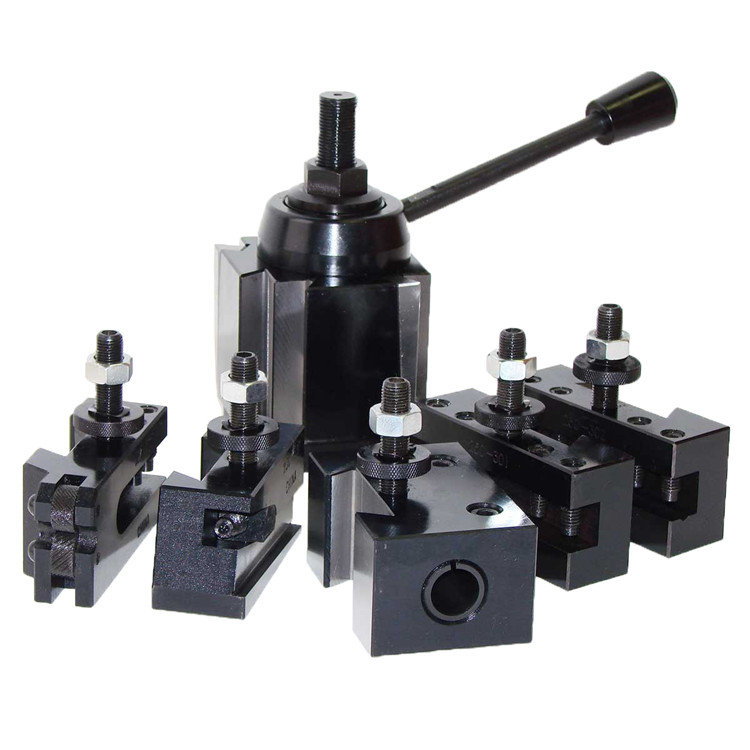 Wedge Type Quick Change Tool Post Set In lathe Machine
Wedge Type Quick Change Tool Post Set In lathe Machine -
 Precision Dustproof Dial Caliper Of Double Shock-Proof For Industrial
Precision Dustproof Dial Caliper Of Double Shock-Proof For Industrial -
 MT/R8 Shank Quick Change Tapping Chuck With MT & R8 Shank
MT/R8 Shank Quick Change Tapping Chuck With MT & R8 Shank -
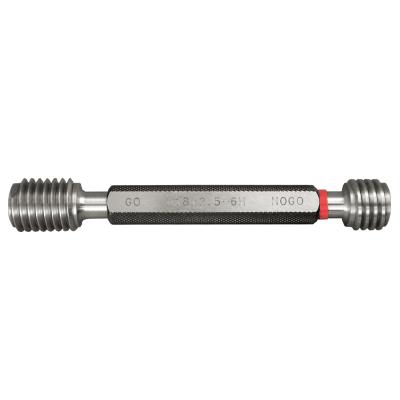 Metric Thread Plug Gauge 6H Accuracy With Go & NO Go
Metric Thread Plug Gauge 6H Accuracy With Go & NO Go -
 Precision IP54 Digital Outside Micrometer Of Inch & Metric With Data Output
Precision IP54 Digital Outside Micrometer Of Inch & Metric With Data Output -
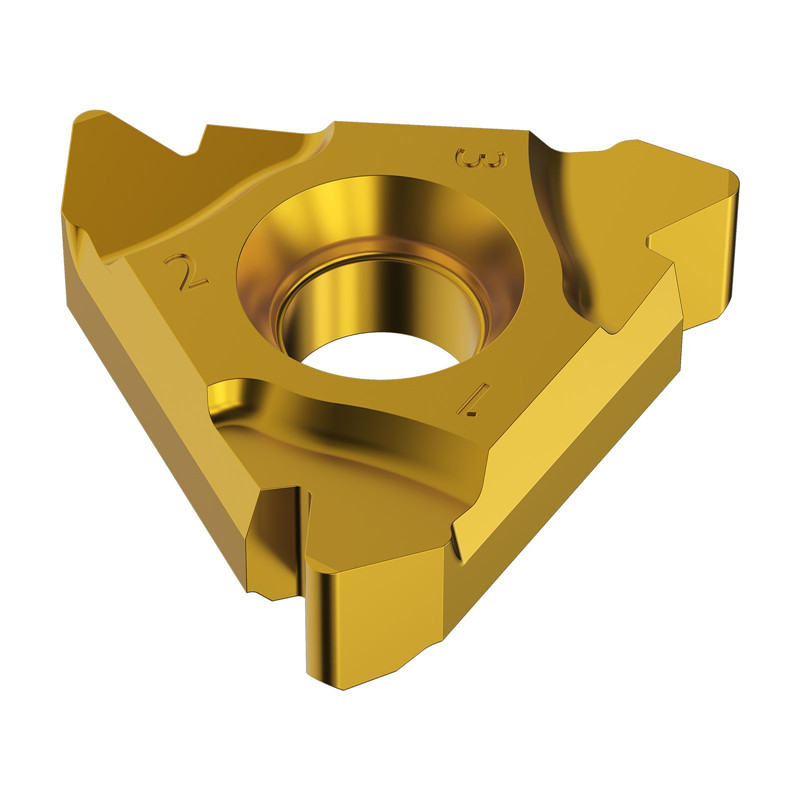 Partial profile 60° Threading Insert With ER & IR Type
Partial profile 60° Threading Insert With ER & IR Type -
 Adjustable Tap And Reamer Wrench For Thread Cutting Tools
Adjustable Tap And Reamer Wrench For Thread Cutting Tools -
 HSS Metric & Inch Dovetail End Mill With 45 And 60 Degree For Industrial
HSS Metric & Inch Dovetail End Mill With 45 And 60 Degree For Industrial -
 Precision Digital Bore Guage From 6-450mm Range
Precision Digital Bore Guage From 6-450mm Range -
 HSS Inch Taper Shank Twit Drills For Metal Cutting Of High Precision
HSS Inch Taper Shank Twit Drills For Metal Cutting Of High Precision



